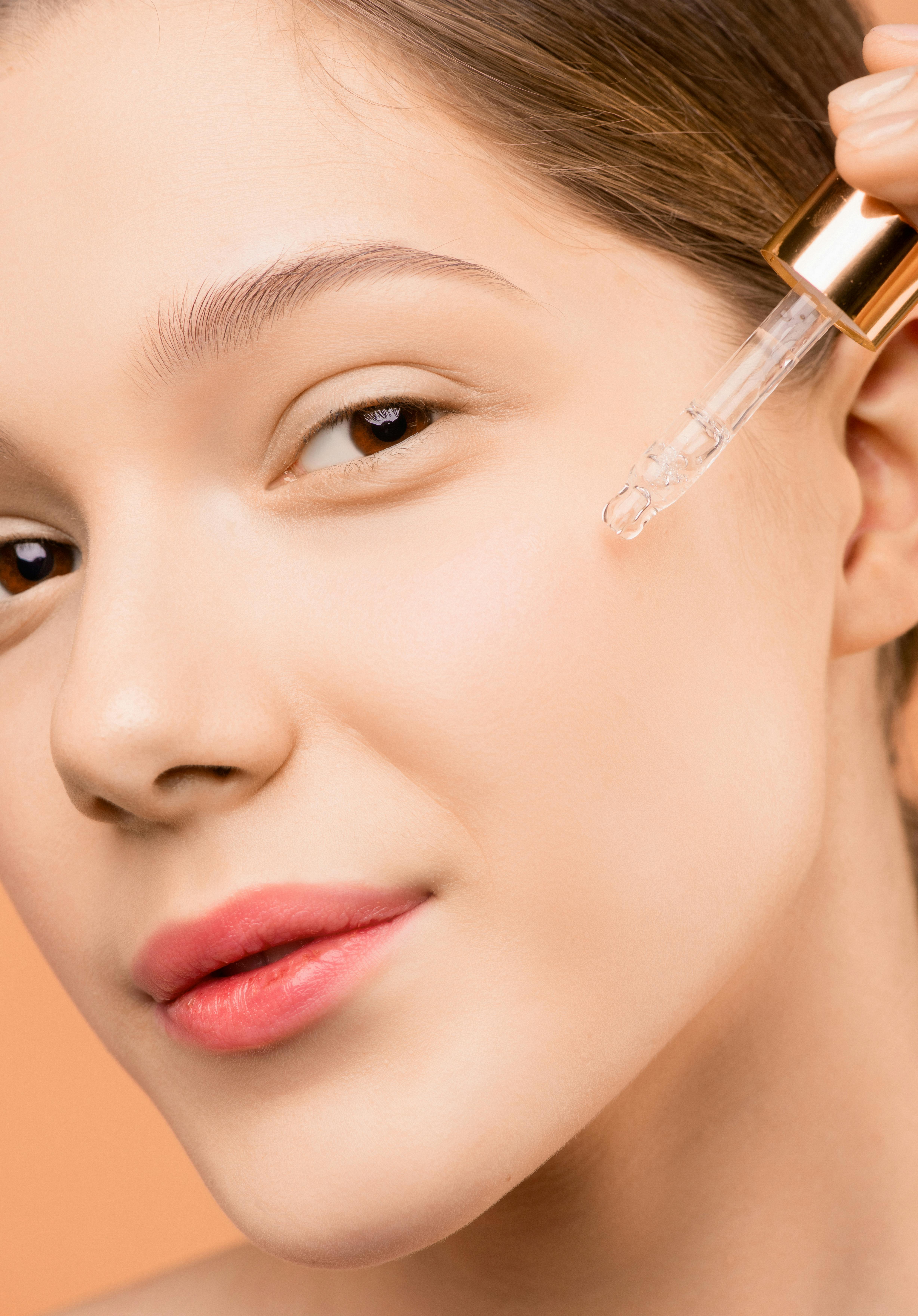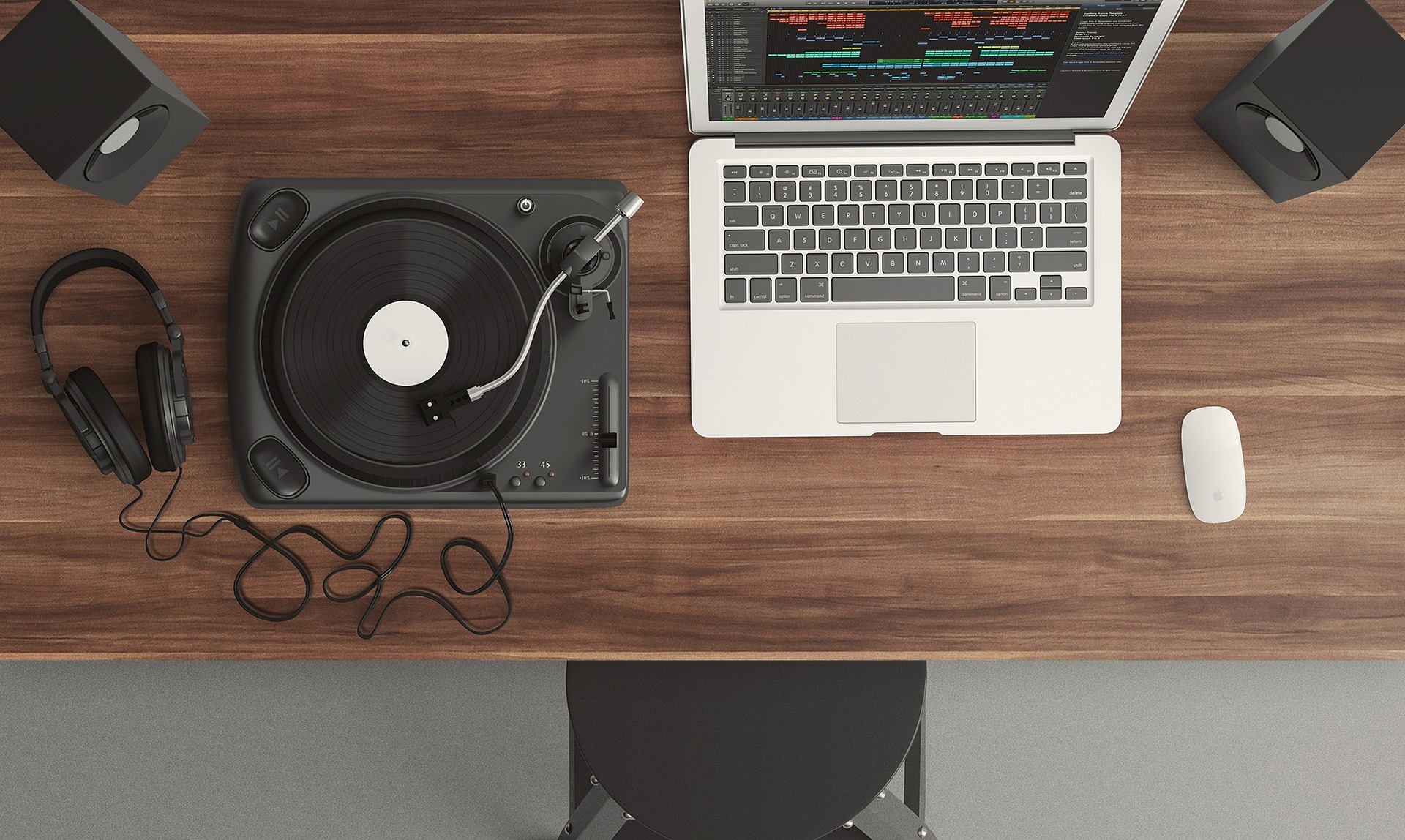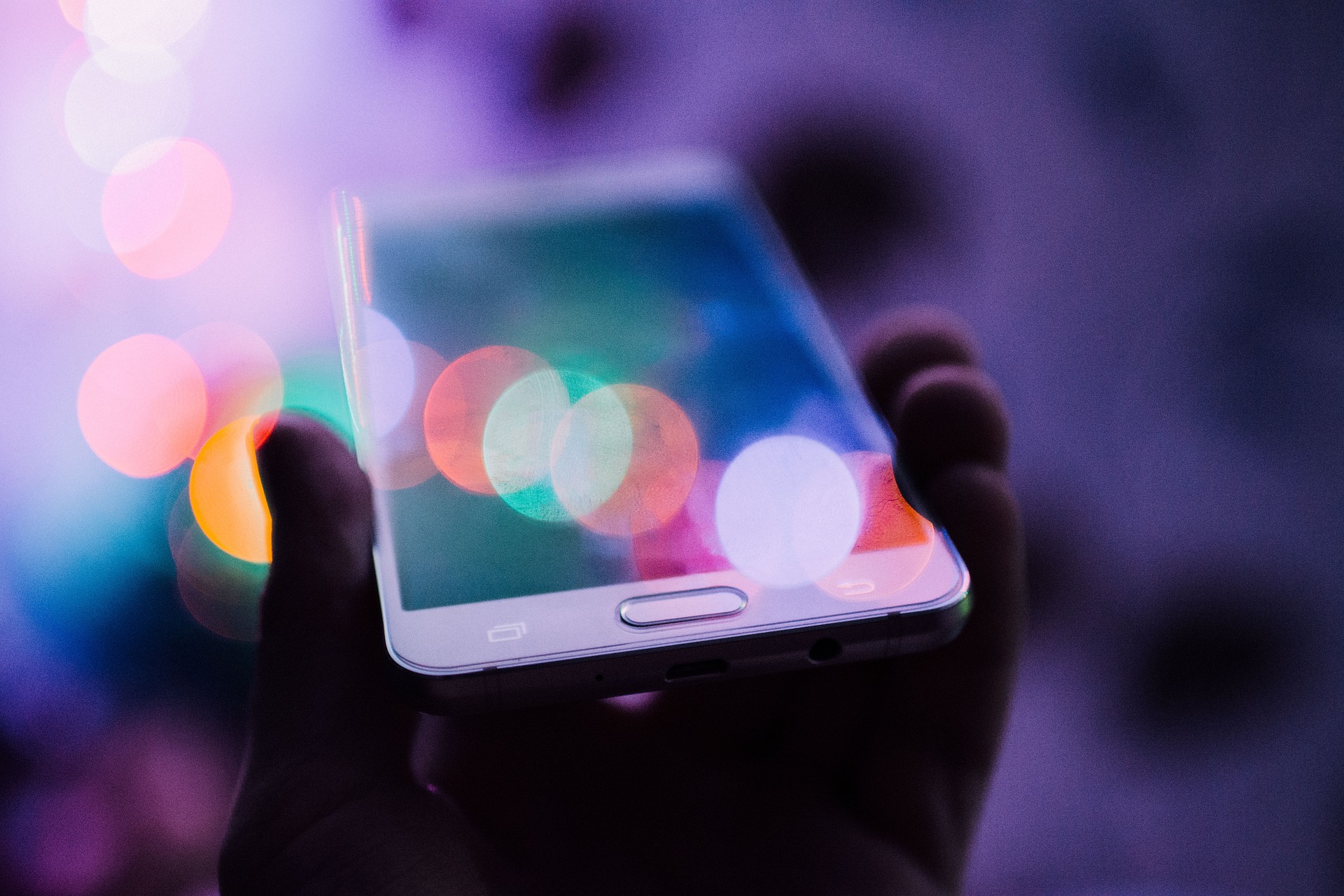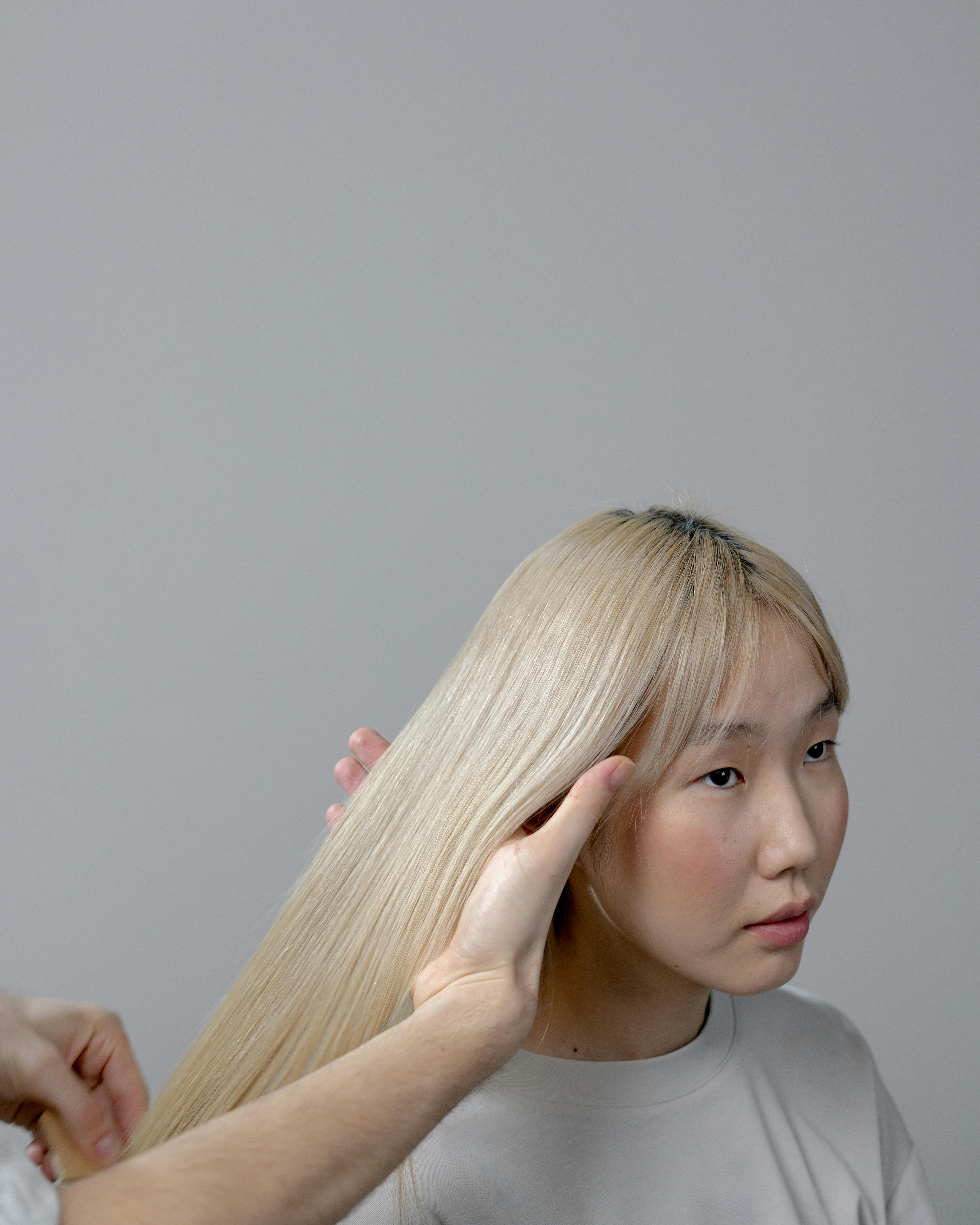The Power of Makeup: Shaping Identity and Self-Expression
The transformative power of makeup has been acknowledged and celebrated throughout history. From the ancient Egyptians who used kohl to line their eyes, to the Elizabethan era where a pale complexion was sought after, to the contemporary world in which makeup has become a tool for self-expression and identity formation, the use of makeup has always been deeply intertwined with societal norms, cultural values, and personal identities. The history of makeup is rich and complex, but its evolution over the years holds fascinating insights into human behaviour, societal changes, and the ever-evolving definitions of beauty.

Makeup as a Tool for Power and Status
Historically, makeup served as a marker of social status and power. The ancient Egyptians, for instance, used makeup not just for aesthetic purposes but also as a means of protection from the harsh sun. The use of kohl to line the eyes was widespread, and it was believed to ward off evil spirits. The Romans, on the other hand, used makeup to denote social standing. Those who could afford expensive, imported cosmetics were seen as wealthy and influential. In the Elizabethan era, a pale complexion was associated with nobility since it indicated that one did not have to work outdoors. Queen Elizabeth I famously used a mixture of lead and vinegar to achieve her iconic pale look.
The Changing Face of Beauty
The 20th century saw a significant shift in makeup trends and the perception of beauty, largely influenced by Hollywood and the rise of the consumer culture. The 1920s flapper look popularised bold, dramatic makeup. The 1950s saw the rise of the glamorous red lip, while the 1960s was the era of heavy eye makeup, inspired by the likes of Twiggy and Brigitte Bardot. The 1980s gave us bold, colourful looks, while the 1990s brought back the natural, minimalistic look. These trends not only reflect changes in societal norms and values, but also the influence of popular culture and media on our perception of beauty.
The Rise of Makeup as a Form of Self-Expression
The 21st century has seen a further shift in the use of makeup. It has become less about conforming to societal standards of beauty, and more about self-expression and individuality. The rise of social media platforms like Instagram and YouTube has allowed for the democratisation of beauty, with individuals now having the power to define and redefine beauty standards. Today, makeup is used as a tool for self-expression, with people using it to enhance their features, express their mood, and even make a political statement. The popularity of makeup trends like the ‘no makeup’ makeup look and the bold, colourful ‘Instagram makeup’ reflect this shift.
The Impact of the Makeup Industry
The makeup industry has undeniably had a significant impact on society. It has been criticised for perpetuating unrealistic beauty standards and for its lack of diversity. However, in recent years, there has been a push towards inclusivity and diversity in the beauty industry. Brands like Fenty Beauty have been lauded for their wide range of foundation shades, catering to a diverse consumer base. There is also a growing trend towards cruelty-free and eco-friendly makeup, reflecting a greater societal awareness and concern for animal rights and the environment.
Makeup as a Means of Empowerment
Makeup has the power to transform not just physical appearances, but also people’s perceptions of themselves. It can be a source of confidence and empowerment. For many, the act of applying makeup is a form of self-care and a way to reclaim control over one’s body and appearance. Moreover, the beauty industry has provided economic empowerment to many individuals, particularly women, through job opportunities and entrepreneurship.
In conclusion, the history of makeup provides a fascinating lens through which we can understand societal changes, cultural shifts, and evolving definitions of beauty. Whether used as a tool for power and status, a means of self-expression, or a source of empowerment, makeup holds a unique and significant place in our lives. As societal norms and values continue to evolve, so too will the role of makeup in shaping our identities and our understanding of beauty.




